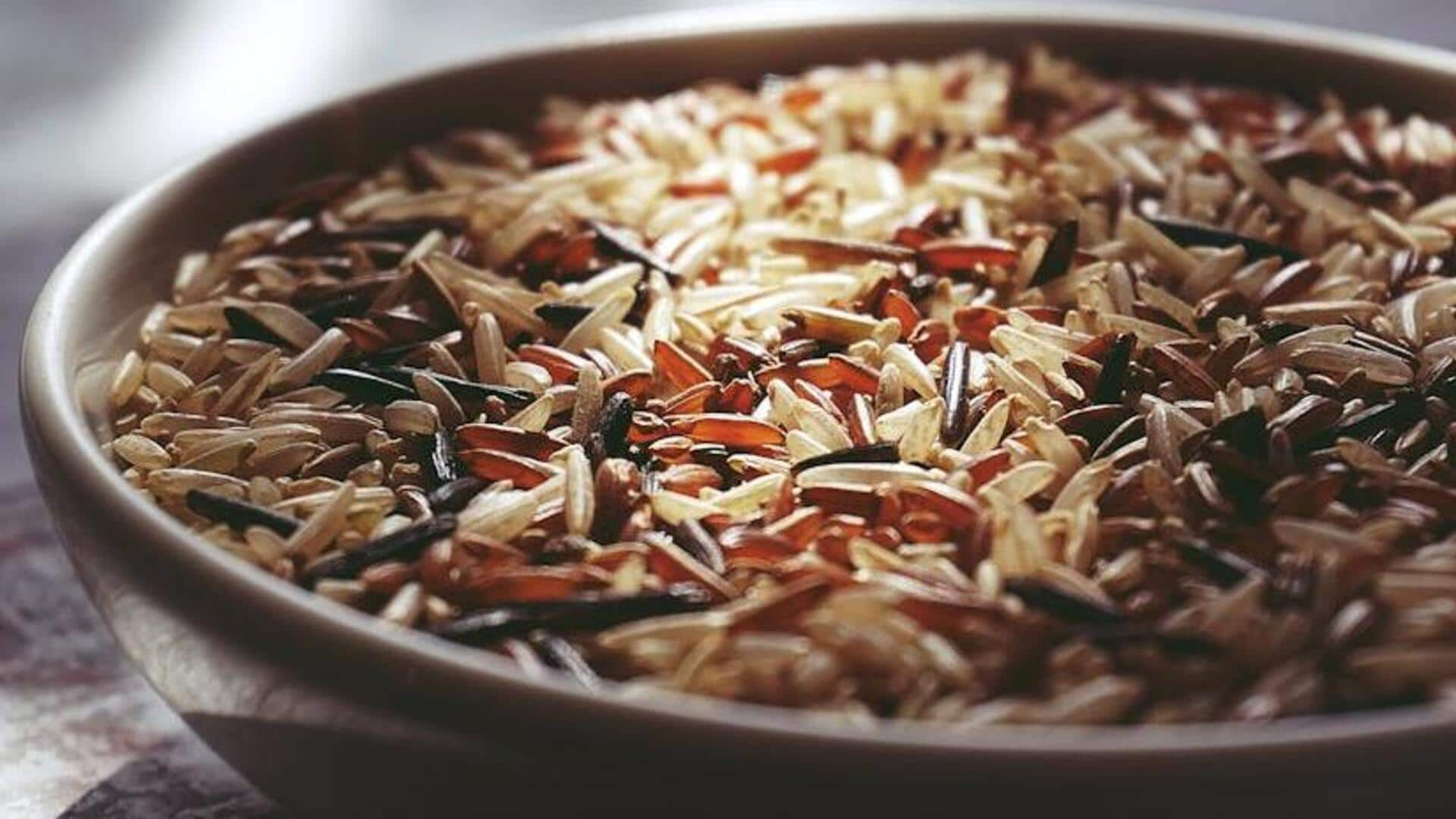
Quinoa v/s amaranth: Which is healthier?
What's the story
Quinoa and amaranth are the two ancient grains which have become the new craze because of their nutritional benefits. Both the superfoods can provide an array of nutrients to your body, which are important for a balanced diet. Here, we explore the nutritional profiles of quinoa vs amaranth. We compare their protein content, fiber levels, vitamin presence, and mineral composition.
Protein content
Protein powerhouses
We also often celebrate quinoa for its protein content. It contains all nine essential amino acids, making it a complete protein source. A cup of cooked quinoa offers about eight grams of protein. Amaranth also has impressive levels of protein with around nine grams per cup when cooked. Both grains provide valuable plant-based protein options for those looking to diversify their diets.
Fiber levels
Fiber-rich grains
Fiber is essential for gut health and keeping blood sugar in check. Quinoa provides around five grams of fiber per cooked cup, adding to your daily intake. Amaranth beats this, providing roughly seven grams per cup (cooked). Including either of the two in your meals can ensure you meet fiber requirements while promoting your gut health.
Vitamin presence
Vitamin boosters
Both quinoa and amaranth also serve as excellent sources of essential vitamins for body functions. Quinoa contains B vitamins such as folate and riboflavin that help generate energy and promote cell growth. Amaranth provides similar benefits with its vitamin B6 along with vitamin C that promotes immune function.
Mineral composition
Mineral content comparison
Minerals are essential to keep our bones healthy and aid metabolic processes. Quinoa has magnesium, phosphorus, manganese, and iron, in significant amounts per serving size, as compared to other grains found today on market shelves worldwide! Meanwhile, amaranth's calcium-rich profile makes it an incredible option if you're specifically looking at boosting bone density naturally through food sources alone (without supplements involved whatsoever)!